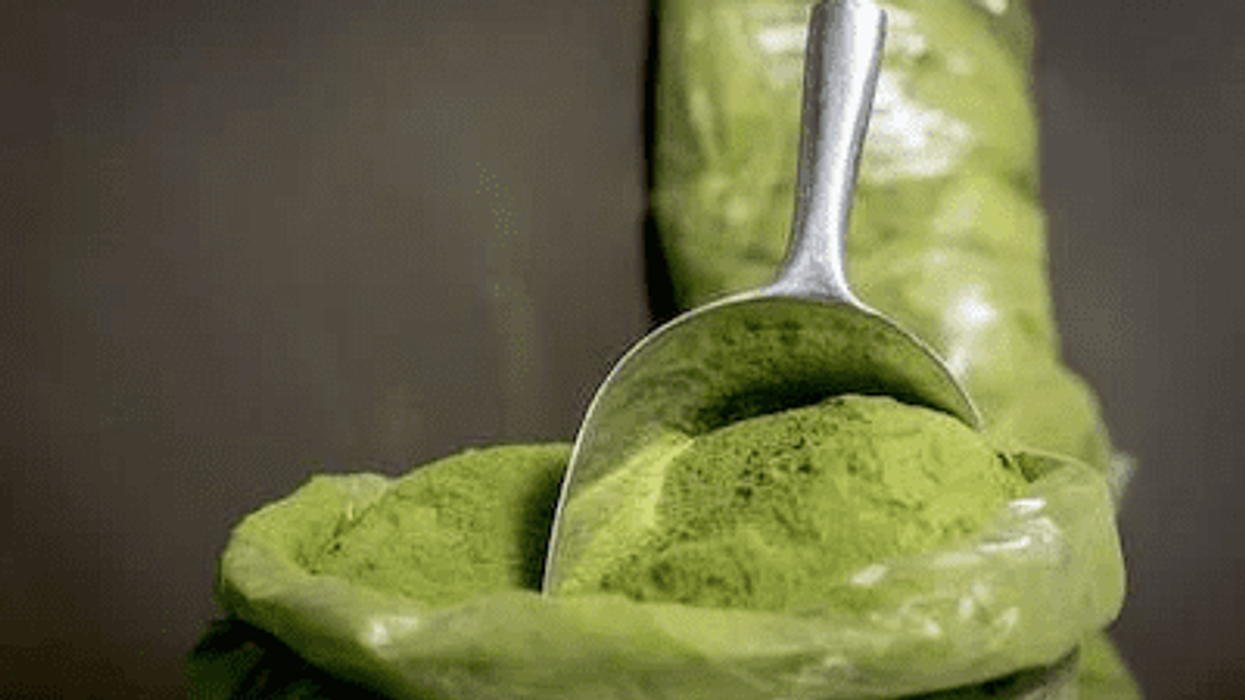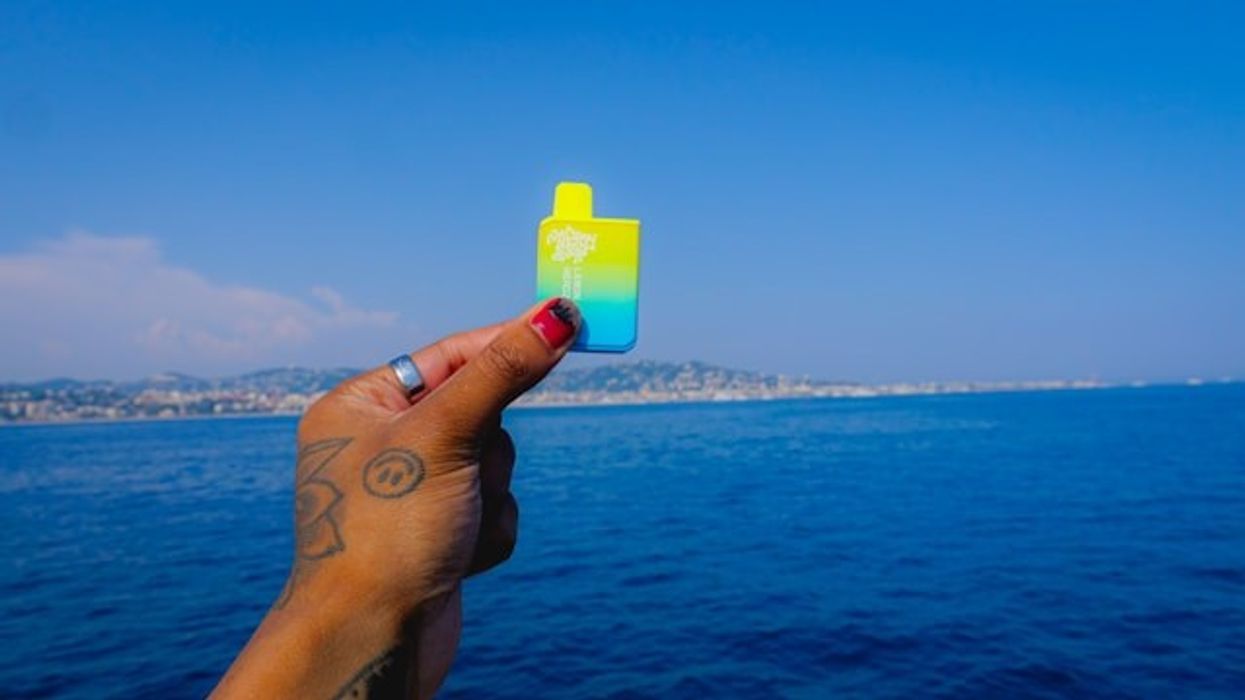Kratom, a tropical tree native to Southeast Asia, has been used for its stimulating and sedative effects for centuries. It has gained immense popularity over the years, and its use is not only limited to traditional Southeast Asian cultures but has also made its way to Western countries, where it's used for various reasons. However, despite its popularity, Kratom has had a tumultuous past, and over the years, it has faced several controversies. Many kratom customers frequently ask about the Kratom Ban in Indonesia, which has left many people wondering how it will affect Kratom's local and commercial access. This blog post explores the Ban in Indonesia and its impact on local and commercial access.
Ban On Kratom
Kratom Ban in Indonesia was announced in 2019 by Indonesia's Drug and Food Monitoring Agency (BPOM). The decision was taken after reports of Kratom-related deaths and its high potential for abuse. Initially, the Indonesian government proposed a complete ban on Kratom, including its export to other nations. However, due to opposition, they decided to allow Kratom export but only for medical and scientific research purposes. According to the Indonesian government, the Ban was intended to protect the citizens and prevent illegal harvesting, a significant problem in the country.
Reduction In Production And Export
The Ban in Indonesia has impacted access both locally and commercially. The ban has led to a significant reduction in production and export, resulting in higher prices and reduced availability of Kratom. The Ban has resulted in financial losses and a bleak future for Indonesian farmers and vendors. Farmers who depended entirely on Kratom production and export have now shifted to other crops, resulting in scarcity. The farmers and vendors are now advocating for the Ban to be lifted, citing the potential impact on their livelihood and the economy.
Affect On Local Access
The move impacted enthusiasts worldwide and dealt a severe blow to the local farmers and cultivators who predominantly relied on Kratom as their main source of income. As a result, Kratom's accessibility in the Indonesian markets has drastically reduced, with the black market and unregulated vendors dodging the legal system to meet the consumers' increased demand. The ripple effect of the ban continues to persist, and it remains uncertain when or if the market will recover in Indonesia.
Impact On Global Users
The Ban in Indonesia has also impacted users globally, and importers are now struggling to source Kratom. Countries such as the United States, which heavily rely on imports from Indonesia, have been affected by the Ban. Currently, it is available in the US and other countries that import from Indonesia, but it is much more expensive than it used to be. The Ban has also increased the demand for Kratom grown in other countries, such as Thailand and Malaysia, resulting in a shift in sourcing.
What Impact Does This Have On The Kratom Industry?
The new laws have significantly impacted the Kratom industry in Indonesia. Many small-scale farmers who may not be able to obtain a license due to its high cost have turned to illegal means. This move has led to a decline in the quality of Kratom in the market, as these farmers may not have access to the best practices in cultivation and harvesting.
What Are The Benefits Of The New Kratom Laws?
The new laws in Indonesia are intended to regulate the industry and promote the sustainability of Kratom. By only allowing mature plants to be harvested, the laws ensure that the industry does not collapse due to overharvesting, promoting its sustainability in the future. Additionally, the licensing requirements for producers and vendors ensure it doesn't fall into the wrong hands and promote the legality and safety of consumption.
What's The Way Forward For The Kratom Industry In Indonesia?
The Kratom industry's way forward in Indonesia is uncertain, but promoting transparency, education, and awareness is important. Small-scale farmers should be educated on the best practices in cultivation and harvesting to ensure that the quality of Kratom in the market doesn't decline. Additionally, more research should be conducted on the benefits of Kratom, making it easier to promote the plant's safe consumption in the country.
Countries Where Kratom Is Legal
While it may be illegal in some areas, such as Thailand and Malaysia, it remains legal in others. For example, in the United States, kratom's legality varies by state, with some states allowing its use and possession and others banning it outright. Outside the US, other countries where it is legal include Canada, the United Kingdom, and parts of Europe, such as Italy and Germany. It's important to note, however, that the legality can change at any time, so it's always best to do your research before traveling with or consuming kratom in any given country.
Other Countries Where Kratom Has Been Banned
While the plant is legal in many regions worldwide, several countries have banned its use and possession. These include Australia, Denmark, Finland, Malaysia, Myanmar, New Zealand, Poland, Romania, Sweden, and Vietnam. In Australia, it was officially listed as a prohibited substance in 2004, citing potential drug abuse. Meanwhile, Finland and Denmark consider Kratom products medicinal preparations, requiring an extensive approval process for manufacturing and sale. As worldwide debate rages on Kratom and its safety, it will be interesting to see how other countries respond to this polarizing plant in the future.
Conclusion:
In conclusion, the Kratom Ban in Indonesia has impacted its access locally and commercially. The ban has reduced production, increased prices, and caused financial losses for Kratom farmers and vendors in Indonesia. Users globally are also affected, and the importers are struggling to find quality Kratom. While the Ban was intended to protect citizens and prevent illegal harvesting, it has resulted in major consequences, and therefore, it's essential to ensure that all factors are considered before implementing such bans. Advocacy efforts by farmers and vendors are ongoing, and it's hoped that equitable solutions can be found to address the issues that led to the Ban.













